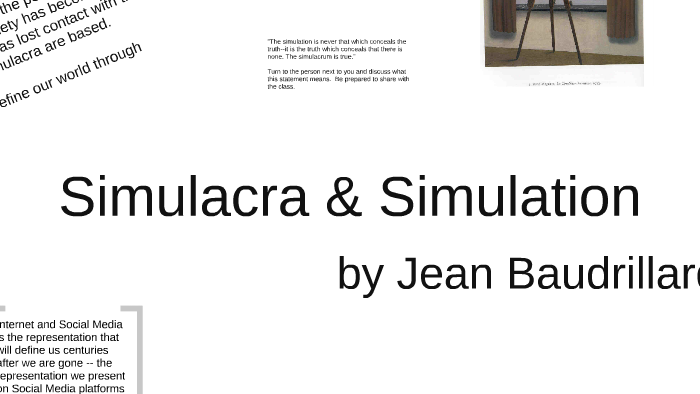
Responding to Adrian Ivakhov's proposal for a film theory capable of redeeming the perceptual continuum of the human and the other-than-human threatened by ecological catastrophe, the article proposes a revaluation of the material reality of the film-world of Tarkovsky's film Solaris insofar as it makes real connections with nature as a complex whole, through the dissipating potentials of entropy.

This article undertakes an ecocritical revaluation of the cinematic time-image through a consideration of Andrei Tarkovsky's concept of time-pressure developed in his book Sculpting in Time. Through an analysis of Andrei Tarkovsky’s Stalker (1979), I suggest that cinema ‘stalks’ the world, and that our appreciation of its potentials should similarly involve a kind of ‘stalking’ of its effects in the material, social, and perceptual dimensions of the world from which cinema emerges and to which it returns. These worlds are, at once, anthropomorphic, geomorphic, and biomorphic, with each of these registers mapping onto the ‘three ecologies,’ in Felix Guattari’s terms, that make up the relational ontology of the world: the social, the material, and the mental or perceptual. Accordingly, it proposes that cinema be considered a machine that produces or discloses worlds. It builds on Martin Heidegger’s articulation of art as ‘world-disclosing,’ and on a Whiteheadian and Deleuzian understanding of the universe as a lively and eventful place in which subjects and objects are persistently coming into being, jointly constituted in the process of their becoming.
SIMULACRA AND SIMULATION PDF FULL DOWNLOAD FREE
Through its process-relational account of cinema, drawn from philosophers including Whitehead, Peirce, and Deleuze, the book boldly enriches our understanding of film and visual media." (If you cannot afford a print copy and would like a free PDF, please write to the author at article proposes an ecophilosophy of the cinema.

Ivakhiv examines the geographies, visualities, and anthropologies-relations of here and there, seer and seen, us and them, human and inhuman-found across a range of styles and genres, from ethnographic and wildlife documentaries, westerns and road movies, sci-fi blockbusters and eco-disaster films to the experimental and art films of Tarkovsky, Herzog, Greenaway, Malick, Dash, and Brakhage, to YouTube’s expanding audio-visual universe. Cinema, Adrian Ivakhiv argues, lures us into its worlds, but those worlds are grounded in a material and communicative Earth that supports them, even if that supporting materiality always withdraws from visibility. This book presents an ecophilosophy of the cinema: an account of the moving image in relation to its lived ecologies-the material, social, and perceptual relations within which movies are produced, consumed, and incorporated into cultural life. This is the premise of Ecologies of the Moving Image, which accounts for the ways cinematic moving images have moved viewers over the last 120 years in ways that have reshaped our understanding of ourselves, life, and the Earth and universe. They take us on mental and emotional journeys, at the end of which both we and our worlds have changed. A new challenge to organization studies will be not simply to learn from the substantive concerns of literary genres such as science fiction, but to aspire after the narrative skills of their leading exponents.


The paper concludes by calling for a realist mode of organizational discourse that explores the dialectical relationship between what it characterises as `solar’ and `lunar’ dimensions of human behaviour. In particular the rhetorical role of mimesis, viewed as a synthesis of rational and non-rational human motives, within Solaris is taken to inform a wide range of human conduct. These concerns are seen to resonate with contemporary issues in the field of organization studies. Singling out his most famous novel, Solaris, for particular attention, a critical interpretation is offered that selectively highlights Lem’s epistemological and ontological preoccupations concerning scientific inquiry and the human condition. This paper seeks to introduce the oeuvre of the Polish science fiction author Stanislaw Lem, whose work is argued to carry significance for students of organizational conduct.


 0 kommentar(er)
0 kommentar(er)
